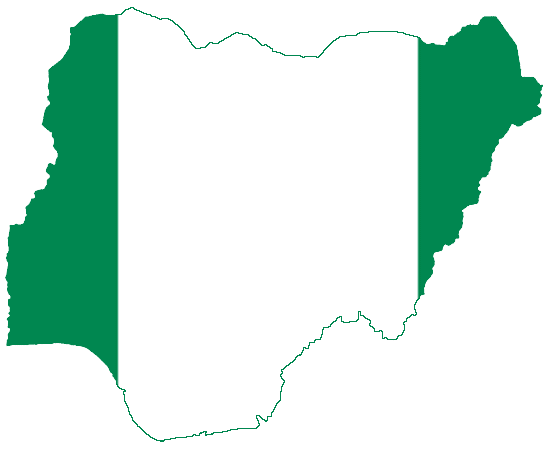Help our local partners realise their vision of hope for their communities

Previous HART Intern, Elisabeth Pramendorfer, has prepared a comprehensive briefing documenting the humanitarian situation in Nigeria between February and August 2015. You can download it in full at the bottom of this page.
Key developments
• Muhammadu Buhari won the presidential elections (first democratic elections with an opposition candidate succeeding) in March 2015 and was inaugurated as President in May 2015.
• Boko Haram pledged allegiance to ISIS (the Islamic State of Syria and Iraq). This is an important development, as it will most likely further increase international support for regional counter-‐insurgency operations.
• By March 2015, Nigeria and its neighbouring allies (Chad, Cameroon, Niger) recaptured most of former Boko Haram territory. Simultaneously, the Islamist jihadists resorted to increasing attacks on civilian places (mosques, churches, markets, villages). Killings and abductions take place on an almost daily basis.
• A regional country coalition, called the Multinational Joint Task Force, was agreed upon in early 2015 and will comprise 8,700 troops from Nigeria, Niger, Cameroon, Chad and Benin. The headquarters will be located in N’Djamena, Chad. Operations should have started at the end of July but have not yet begun due to both a lack of political will from member states and gaps in funding.
• Boko Haram, in the past months, has largely extended its territory of attacks into further parts of Nigeria and neighbouring Niger (in particular Diffa region), Cameroon (Far North Region) and Chad (the capital N’Djamena, and Lake Chad area). The upsurge in attacks in Cameroon, Niger and Chad are both a cause and a consequence of the plans to establish the regional country coalition.
• Amnesty International has accused the Nigerian army of war crimes and possible crimes against humanity in their fight against Boko Haram.